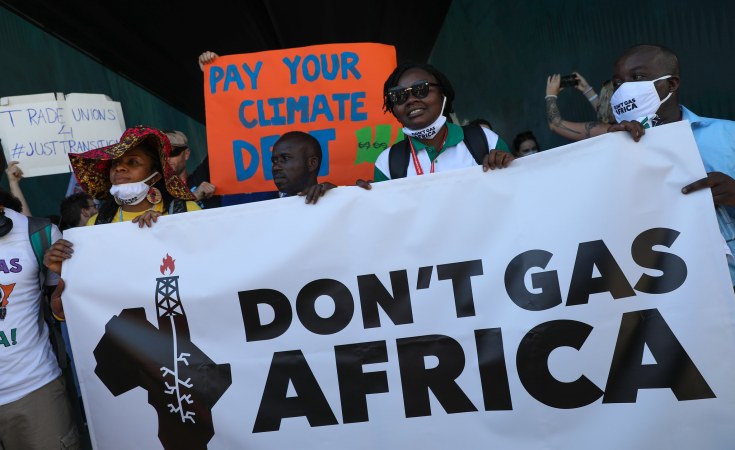Rwanda's journey to embed 60% renewable energy into its power grid by 2030 exemplifies its dedication to sustainable energy. This goal reflects a wider movement towards eco-friendly power sources. Encouraged by Uruguay's impressive accomplishment of reaching 98% dependence on renewable energy, Rwanda could aim for even more ambitious targets.
Rwanda's current renewable energy landscape
Rwanda is steadily shifting towards renewable energy. Nearly 40% of its power is derived from hydropower, while solar contributes a modest portion, under 10%. Other sources include peat, thermal energy, and methane gas. This progress is contrasted by the fact that a mere 2% of Rwandans have access to efficient cooking methods, pointing to a significant gap in sustainable energy usage.
Learning from Uruguay's energy transformation
Uruguay's energy sector overhaul serves as an inspiration. Previously dependent on fossil fuels, Uruguay transformed its energy strategy, leading to 98% of its electricity being produced from renewable sources. This transition involved major investments in wind, solar, and biomass, backed by robust government policies. As per IRENA, this shift resulted in yearly savings of about $500 million on oil imports and brought economic, social, and environmental advantages.
Economic benefits for Rwanda
Rwanda's pursuit of a higher renewable energy goal could bring substantial economic benefits. Lessening dependence on imported fossil fuels could reduce national spending and shield the economy from global price changes in energy. Savings from this could be reinvested in expanding clean cooking methods, thereby enhancing living standards for many Rwandans.
Challenges in scaling renewable energy
To achieve these loftier goals, Rwanda faces several challenges:
- Expanding grid infrastructure: Enhancing the grid to handle more renewable energy and incorporating energy storage solutions is vital.
- Funding and investment: Finding financial backing for renewable projects is crucial. Creative funding methods, like green bonds and global partnerships, are potential solutions.
- Technology and R&D: Investment in research and developing new renewable technologies is essential.
- Policy and regulatory framework: Effective policies and regulations are necessary to attract investments and sustain renewable energy growth.
Job creation and economic diversification
Setting higher renewable energy goals could lead to job creation in renewable sectors, thus diversifying and strengthening the economy. Developing expertise in renewable technologies also opens doors for innovation and business opportunities.
Environmental and health benefits
Increasing renewable energy use can significantly cut environmental pollution, aiding the global climate change fight. Additionally, enhancing access to efficient cooking solutions can greatly improve health, especially for women and children, and reduce environmental harm from biomass cooking.
Addressing the clean cooking challenge
Integrating clean cooking solutions into Rwanda's energy strategy is critical. Improving access to these methods will notably better health outcomes, especially for those impacted by indoor air pollution from traditional cooking practices.
In conclusion, Rwanda stands to make considerable strides by raising its renewable energy targets. Looking to Uruguay's example, Rwanda has the potential to achieve and possibly exceed its 2030 renewable energy objectives. This path, while filled with challenges, offers Rwanda an opportunity to emerge as a renewable energy leader in Africa and markedly enhance its citizens' lives through increased access to clean energy.
The writer is a Process Engineer based in Ottawa, Canada.


